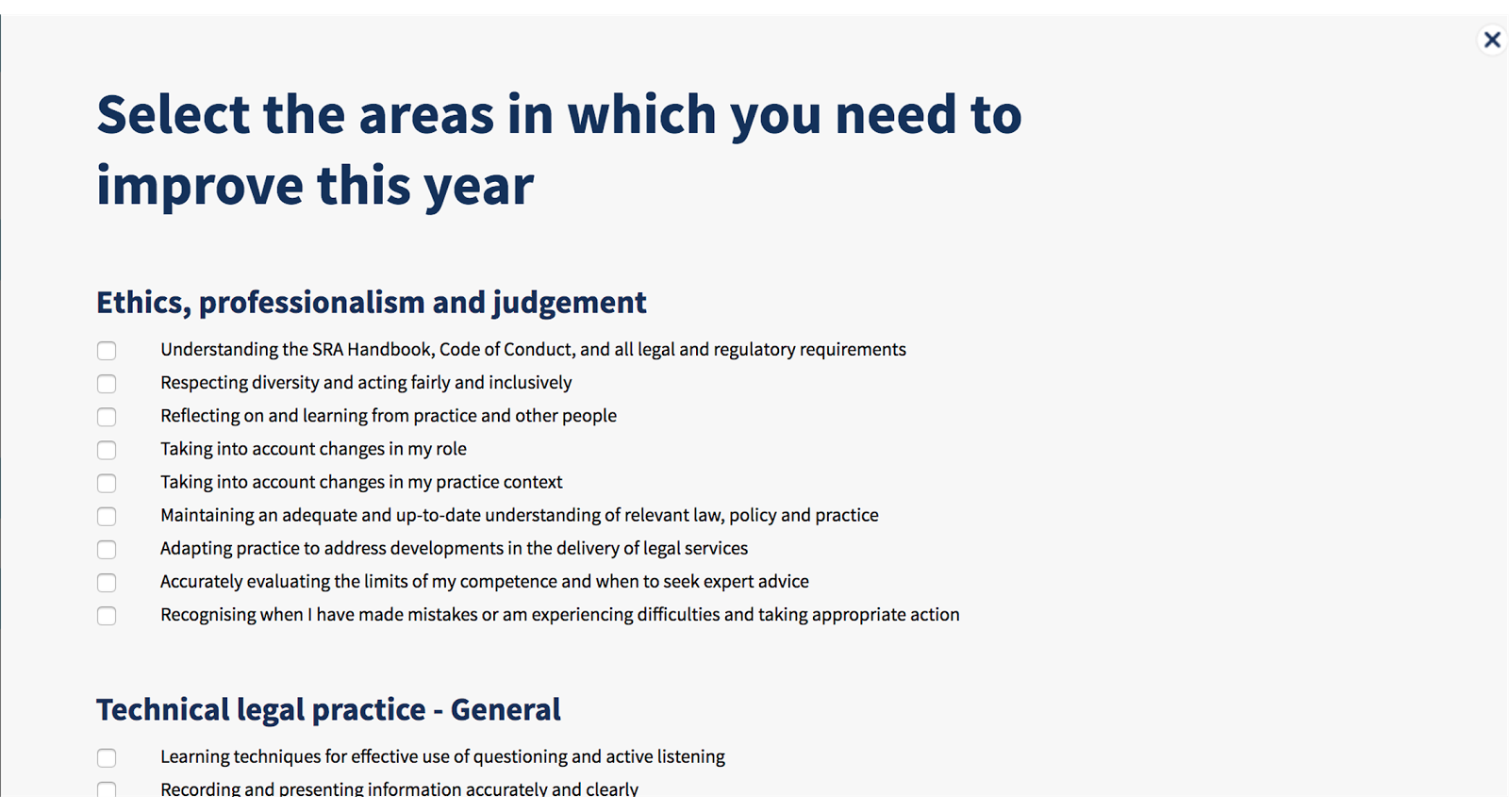Globally, Bribery and Corruption is big business. But, does it really affect you and your organisation?
The World Bank has estimated that over $1 Trillion is paid annually in bribes and no country is exempt. What about the UK? Research performed by Transparency International UK in 2011, revealed that 1.9% of respondents in the UK had paid a bribe in the previous 12 month period. Additionally, a survey carried out in 2006 in the construction sector, reported that 41% had been offered a bribe at least once in their career.
What is the purpose of the UK anti-bribery legislation?
The UK Bribery Act 2010 was designed to help eradicate bribery and corruption and promote business protection. The legislation includes both active and passive bribery. Active bribery refers to the illegal act of offering, promising or giving bribes. Passive bribery on the other hand, includes requesting and agreeing to receive or accept a bribe. Hospitality should be reasonable and proportionate and clear records should be kept.
Failure to uphold legislation could result in an unlimited fine and/or a custodial sentence.
What should you be doing to protect your business from bribery?
As Employers, you have a duty to protect your organisation. A clear and well defined anti-bribery and corruption policy should be central to your business culture and all employees must understand and adhere to that policy. According to government advice, your anti-bribery policy template should include methods of bribery reduction and control, rules regarding hospitality and donations and acceptable procedures for contract negotiation.
Your HR department has a pivotal role to play, ensuring that regular communication, training and development is available. The Bribery Act 2010 provides guidance on how employers can safeguard their organisation. Business activities should be proportionate to the risk and size of the business, with senior management providing top-level commitment to demonstrate business affairs are undertake n professionally and ethically. Risk assessments should be performed to ascertain the level of risk of bribery and relations with both suppliers and clients should be viewed with due diligence. Ongoing communication and monitoring are key to ensure policy compliance and that dynamic risks are understood.
n professionally and ethically. Risk assessments should be performed to ascertain the level of risk of bribery and relations with both suppliers and clients should be viewed with due diligence. Ongoing communication and monitoring are key to ensure policy compliance and that dynamic risks are understood.
Employers’ duties include the provision of regular training and to make sure policies are upheld. The VinciWorks Anti-Bribery and Corruption eLearning course helps organisations to comply with the UK Bribery Act 2010. The Act consolidates existing law on bribery and corruption, enabling prosecutors and courts to deal with acts of bribery more effectively. This online course explains the standards expected when carrying out business affairs in relation to bribery and corruption.
Ensuring your Bribery and Corruption policy has been read and understood by your staff can be a difficult task to manage. However, WorkWize from VinciWorks is a smart system that helps to automate policy/document rollout and provide a full audit trail.
The system provides intuitive tools to help companies push policies/documents out to their workforce and receive positive confirmation back that they have read and understood the policy. Pushing a new policy out takes just a few minutes and there is no limit to the number of policies that can be distributed.
Looking for in-depth and engaging business protection training? Explore our comprehensive eLearning library and try any of our courses for free.









